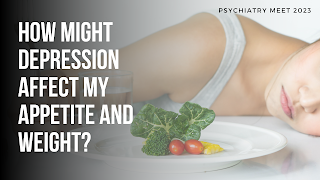How food affects our Brain?
The connection between diet and
the emotions stems from a close relationship between our brain and our
gastrointestinal tract which is often called as the “second brain.”
Eating healthy food promotes the
growth of “good” bacteria, which in turns positively affects the neurotransmitter
production. A steady diet of some junk food can cause inflammation that hampers
the production. When neurotransmitter production is in good shape, your brain
receives these certain positive messages loud and clear, and your emotions will
reflect it. But when the production goes awry, so might your mood.
Sugar and processed foods can
also leads to the inflammation throughout the body and brain, which may result
to mood disorders, including anxiety and depression. In order to boost your
mental health it is considered important to focus on eating plenty of fruits
and vegetables along with the foods rich in omega-3 fatty acids, such as
salmon. Dark green leafy vegetables in particular are the brain protective.
Nuts, seeds and legumes, such as beans and lentils, are also the excellent
brain foods.
Here are the top three foods to
incorporate into a healthy mental diet:
Complex carbohydrates — such as brown rice and starchy vegetables
can give us more energy. Quinoa, beets, millet and sweet potatoes have more
nutritional value and will also keep you satisfied longer than the simple
carbohydrates found in sugar and candy.
Lean proteins — also lend energy that allows our body to think and
react quickly. Good sources of protein that includes chicken, meat, fish, eggs,
soybeans, nuts and seeds.
Fatty acids — are crucial for the proper function of our brain and
nervous system. We can find them in fish, meat, eggs, nuts and flaxseeds.




Comments
Post a Comment